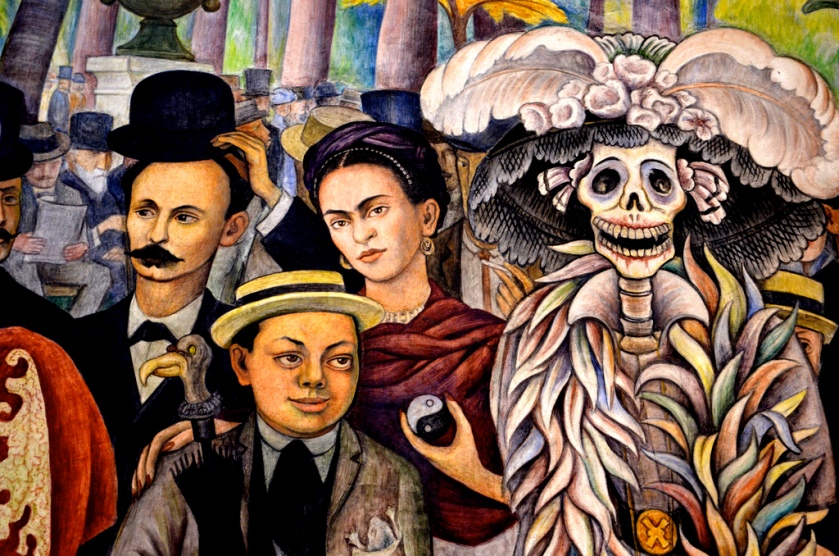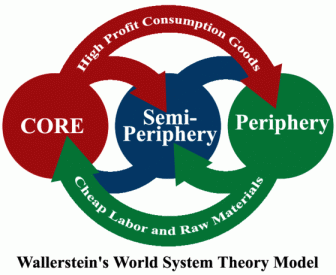Why study history? The answer is because we virtually must, to gain access to the laboratory of human experience. When we study it reasonably well, and so acquire some usable habits of mind, as well as some basic data about the forces that affect our own lives, we emerge with relevant skills and an enhanced capacity for informed citizenship, critical thinking, and simple awareness. The uses of history are varied. Studying history can help us develop some literally “salable” skills, but its study must not be pinned down to the narrowest utilitarianism. Some history—that confined to personal recollections about changes and continuities in the immediate environment—is essential to function beyond childhood. Some history depends on personal taste, where one finds beauty, the joy of discovery, or intellectual challenge. Between the inescapable minimum and the pleasure of deep commitment comes the history that, through cumulative skill in interpreting the unfolding human record, provides a real grasp of how the world works.
The American Historical Association
–
Dear Class of 2013,
Having provided you with final tips for Papers 1 and 2 yesterday, here is my final advice for Paper 3, your last assessment in pre-collegiate history, which you will sit for tomorrow:
1. Make sure you review these materials (from your review folder and an online source), at least briefly, as a part of your final skim and scan of the content:
2. Make sure you know broad dates, and as many specific ones as possible. If they ask you about US interventions from 1890-1929, you are not going to focus on the Good Neighbor Policy and Fulgencio Batista in your essay. Capice?

3. Do your final cramming on good cases studies: Panama, Mexico, Cuba are excellent examples that span the period and offer opportunities for analysis on a number of levels. (And don’t forget the Venezuelan Crisis and a nice pre-Spanish American War data point). Also, review the US role in WWI and the Cold War. There may be many ways you can recycle your knowledge from Paper 2 topics into paper 1.
4. Don’t miss opportunities to use case studies you know very well in prompts that may not seem to fit exactly. “Analyze US political and economic interventions in one country in the region prior to 1920.” Sounds fantastic for Mexico, and you will have more Mexico data on hand than you will for Nicaragua.
5. Don’t miss opportunities to broaden your analysis by discussing the desire for Chinese and other Asian markets in connection to the Spanish American War, WWI and WWII. Review Zinn and Ferguson on this.
- Speaking of Ferguson, remember he is slippery and tough to nail to one generalized O/R/P-R descriptor. Always hedge your bets with phrases like:
“Niall Ferguson revises positions that label the US as a negative influence…”
“..from a perspective that Ferguson denies is conservative, but certainly chimes with some orthodox claims…”
“From an arguably post-revisionist perspective, Niall Ferguson asserts that perhaps the best thing for the world is the presence of a hegemon, which from his point of view should be the democratic, capitalist United States.”And here’s a gift for you:
“Winston Churchill famously claimed that democracy was the worst form of government, except for all the others. Niall Ferguson, it would seem, makes a similar argument for the hegemony of the United States.” –WJT.
Love and Hate
__
_
6. Review the Civil Rights Movement no matter how recent our coverage. Just be sure.
7. Remember to make use of the structures we have studied: War of the World, world-system theory, rising expectations, metropolitan/international/national/collaborative elite explanations, subaltern studies etc. These are the theoretical frameworks that take your essay into the higher realms–because they ensure you have a theory-based analytical approach, not just a narrative.
8. Remember to use the Historical Cs whenever you can–because they ensure you display a structural-analysis approach, not just a narrative.
9. Remember no one who has strayed from our focus topics has been successful on any of those essays. DON’T STRAY. Once again, there is “knowing” and “IB Knowing.” We didn’t focus on post-WWII domestic policies, so avoid them!
How you may be feeling right now…
10. Remember that, although right now you may have a personal affinity for Joyce’s observation that for Stephen Dedalus, “history was a nightmare from which he was trying awake”, more fitting for you now is Cicero’s admonition that “To be ignorant of what occurred before you were born is to remain always a child.”
–You are no longer children.

